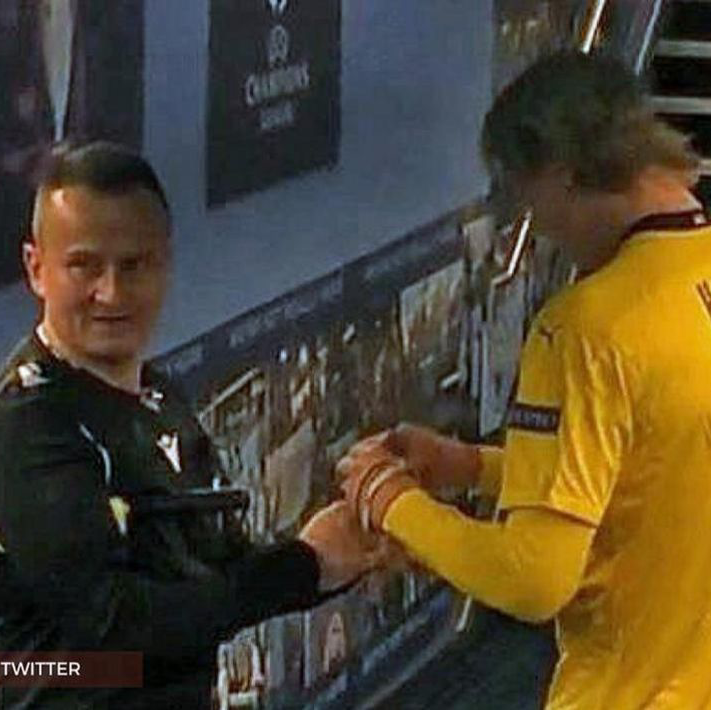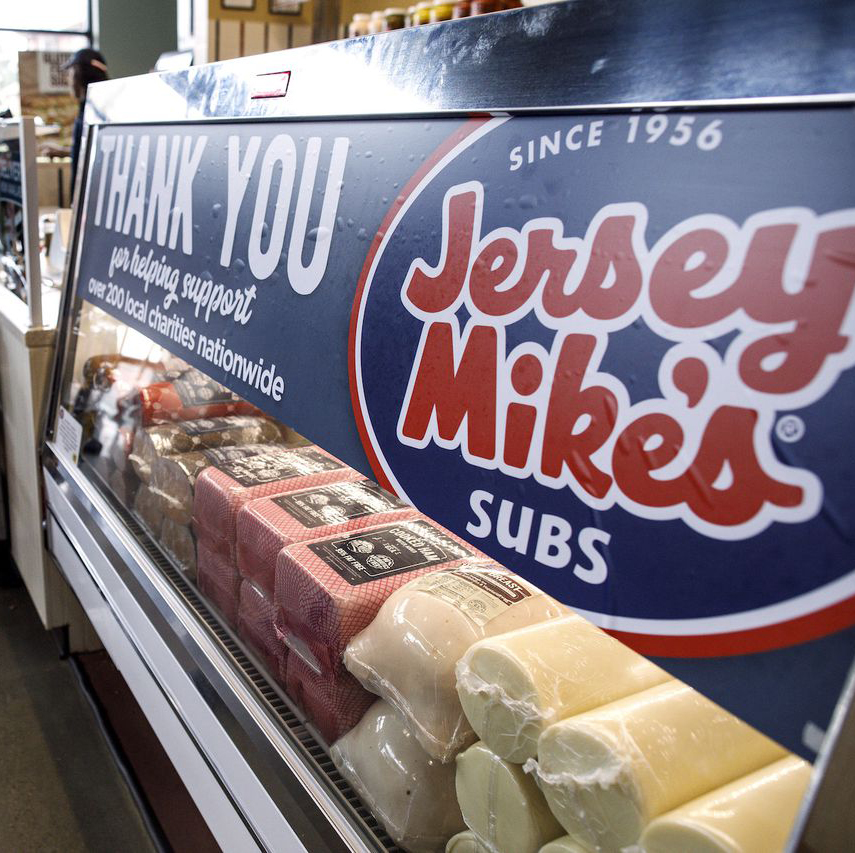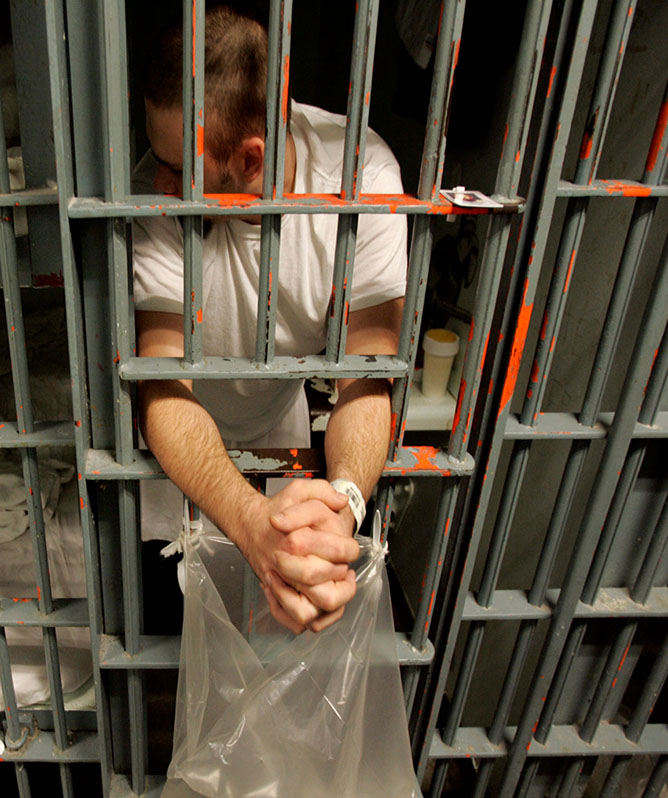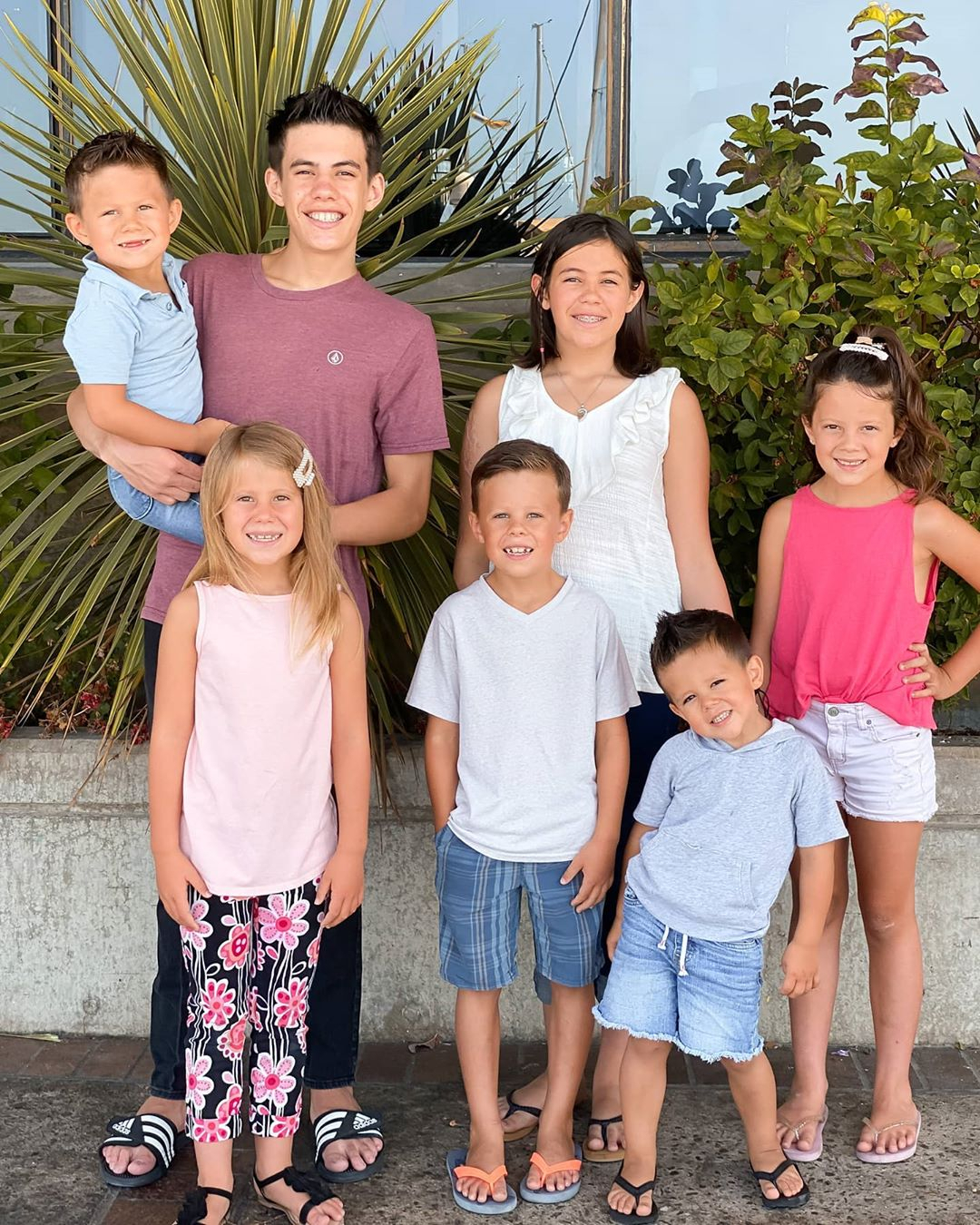Category: Uncategorized
- Vaccines on wheels
- Access to the COVID-19 vaccine has dominated the national conversation, where there has been considerable debate over the systemic inequities embedded in the country’s inoculation. Much of the American population faces considerable hurdles to getting a shot (no pun intended) at protecting themselves and their communities; this is often due to homelessness, debilitating illness, geographical location, or personal questioning about whether or not to get the vaccine. A California county has deployed a mobile vaccination unit to reach these specific groups of people who face complications in securing a vaccine. Marin County’s mobile vaccine teams which (as of the beginning of April) have delivered 8,000 shots since mid-December. Marin County’s mobile vaccine squad has two teams. One is headed by nurses and EMTs who primarily target homeless shelters and low-income/long-term senior housing. The other team exclusively does home visits. This is particularly crucial for homebound residents, who are able to get the shot at their door during a time when they may have no other alternative form of access. Despite the fact that Marin County boasts an impressive median household income of $115,000, economic inequality still looms. For this reason, the mobile vaccination program combed through census data for the area to identify specific residential spaces where people may have the most difficulties receiving a vaccine. Amongst the demographics that the vaccination teams took into account were age, race, and poverty levels. Quoted in a Bloomberg.com article, Linda Dobra, who heads one of the vaccine teams, emphasizes that “It’s all the logistics that go into planning and consenting and observing and set-up that takes time.” However, statistics speak for the mobile vaccine teams’ tireless logistical efforts to protect the communities lying in Marin’s 830 square miles; as of early April, almost 59% of the county’s over-16 population and 81% of its over-65 population have at least one dose, best for third amongst California’s 58 counties.
- Starbucks Baristas Really Do Deliver
- In August 2002, Griffin Baron delivered Jonathan Celner in the bathroom at the Starbucks in Wilmette, Illinois. On that day 18 years ago, Baron had sold Celner’s mother, Lisabeth Rohlck, a bottle of water before she went to use the restroom. He then heard high-pitched screams coming from the bathroom and yells to call 911. He recalls thinking, “I’m 21. I know nothing about delivering babies. All I knew was you get hot towels, because that’s what you see in movies. When asked about the event he said, “I opened the bathroom door, and I see a customer huffing and puffing and a baby is coming out.” He sprung into action and did what he could to make Lisabeth comfortable and aided her in delivering her baby. Minutes after he helped deliver Jonathan, EMTs arrived and took Lisabeth and Jonathan to the hospital. Baron never saw either of them again. He did think about them, however. According to Baron, “I thought about him constantly...What type of person he turned out to be, if he was a funny little kid.... Recently, Baron searched for Lisabeth on social media and found out that she died of breast cancer in 2012. Further, he also saw that Jonathan’s father, Thomas Celner, died in 2020. On the family’s GoFundMe page, Baron left a comment that read, “I’m the barista that was there when Jonathan was born, and I would love to be able to talk to him.” Jonathan’s aunt reached out soon after. On March 21, Jonathan and Griffin met for coffee at the store where Jonathan was born. Jonathan was happy to meet Griffin, especially because it reminded him of his mom who was “an amazing, tough person.” Starbucks takes customer service to a whole nother level and sometimes, as in Jonathan’s case, you really are a lifelong customer.
- Soccer referee auctions Haaland autographed cards to raise money for autism charity
- After a soccer match between Manchester City and Borussia Dortmund, the play that had fans shocked did not occur during the game. Instead, the attention was directed at referee Octavian Sovre for asking Dortmund star Erling Haaland to autograph his red and yellow cards. But a statement from a Romanian therapy center that helps autistic people reveals that there were some good intentions behind Octavian Sovre's eyebrow-raising move. The signed cards were donated to the SOS Autism Bihor center and Simona Zlibut, who oversees a therapy center set up by parents, said they will be auctioned later this month on Facebook. "The red and yellow signed cards which Octavian donated to our SOS Autism Bihor center will be used for a noble cause," Zlibut told The Guardian. Zlibut, who has a 21-year-old daughter with autism, says the center runs on donations. "The state gives me for my daughter 500 lei [$120.96] per month," Zlibut continued. "One cannot imagine what I can we do with this meager sum ... we, parents, rely on donations, we auction skirts, photographs, autographs, whatever we get, to make up for the huge shortfall.” The center serves 30 autistic people below the age of 47, and to them, the money from the auction could change their lives. "My little girl doesn't know when to go to the bathroom, she cannot eat alone ... costs are enormous," Zlibut said. While the donation is praised by many, and is sure to help those at the autism center, there are many critics of Sovre’s act, including UEFA chief refereeing officer Roberto Rosetti, who wrote to refereeing teams after the exchange was caught on camera. "If you want to be respected as much as the players, why would you ask for their autograph or their shirt? Do they ask you for the same? This is simply unacceptable. This is a matter of dignity.” Despite the controversial nature of the autographs, there is no denying that the money they raise will go a long way, and the good intentions behind them are certainly to be praised.
- Nigerian athlete wins Taekwondo gold medal while eight months pregnant
- Aminat Idrees, 26, clinched several medals at the Nigerian National Sports Festival in the Mixed Poomsae category of Taekwondo. Idrees is eight months pregnant, but the Poomsae technique is a non-contact event that focuses on tactical moves simulating attack and defense. Idrees was representing Lagos State at the festival deemed Nigeria’s “local olympics,” and won gold in the pair poomsae, silver in the team poomsae, and bronze in the individual poomsae. She has won medals every year since 2012 in Taekwondo. “It’s such a privilege for me. I just decided to give it another try after training a couple of times… It feels really good,” Idrees told CNN. “Before I got pregnant, I have always enjoyed training, so it didn’t seem different with pregnancy,” Idrees continued. While many spectators took to Twitter to express their disapproval of Idrees competing in the sport so late in her pregnancy, others came to her defense, praising her technique and performance. "A lot of people don't understand what Taekwondo is actually about. I feel this is an avenue to educate people about this,” explained Idrees. “Taekwondo has two branches: the combat sport and Poomsae -- which is a form of exercise...just displaying the hand and leg techniques in Taekwondo. I participated in Poomsae event.” Idrees said that her doctor cleared her to participate in the non-contact sport. "It is easy for me because it is something I have been doing for over 18 years,” Idrees told ESPN. “My system has already adapted to it: That is why I could do that without stress; you should not try what you have not done before. Majorly, just follow doctor's advise." Idrees encouraged pregnant women to exercise so long as they consult their doctors first.
- One man’s trash, another man’s treasure
- A rare 15th-century porcelain bowl made in China recently sold at a Connecticut yard sale for just $35. It was then auctioned in March for around $722,000. The small cobalt blue-and-white floral bowl is about 6 inches in diameter. It features designs of lotus, peony, chrysanthemum, and pomegranate blossoms. The artifact, known as a “lotus bowl,” was originally commissioned by China’s imperial court during the Ming dynasty. The person who purchased the bowl from the yard sale is an antique aficionado who thought it could be very valuable. The buyer emailed information and photos to Sotheby’s asking for an evaluation. "It's always quite astounding to think that it kind of still happens, that these treasures can be discovered," said Angela McAteer, Sotheby's senior vice president and head of its Chinese Works of Art Department. "It's always really exciting for us as specialists when something we didn't even know existed here appears seemingly out of nowhere." Sotheby’s estimated that the bowl could be worth $300,000 to $500,000. The bowl garnered 15 bids, starting at $200,000 and concluding at $580,000. The final purchase price was $721,800, which included numerous fees. Sotheby’s specialists date the bowl to the era of the Yongle Emperor, who ruled from 1403 to 1424. The porcelain work of the era is described as “immediately recognizable, never surpassed, and defining the craft still in the eighteenth century.” It is unclear how the bowl made it to the yard sale, but it is likely that it could have been passed down for generations in a family that was unaware of its value. While only six other similar bowls are known to exist in the world, this is the only one found in the United States. The majority of the others are housed in museums all over the globe, from Taipei to London.
- Jersey Mike’s Subs raises record amount during annual ‘Month of Giving’
- Each March, Jersey Mike’s invites customers to order food and donate to a local charity partner during the sandwich shop’s ‘Month of Giving.’ The effort culminates on March 31, where 100% of sales from the day are donated to charity. The company was hoping to hit a goal of $8 million this year, and far exceeded it. The $15 million raised this year is more than double the $7.3 million raised in 2019. During the month of March, customers are asked at the register if they would like to donate. They are then given coupons or free sandwiches, depending on the amount donated. According to the company, this year’s results are especially meaningful since 2020’s efforts were cancelled due to the pandemic. “We really hoped to do well this year after the disappointment of having to cancel last year’s Day of Giving, and the outpouring of support from across the country is truly inspiring,” Peter Cancro, Jersey Mike’s founder & CEO, said in a press release. “We are filled with gratitude and admiration for our customers, franchise owners, and team members who have helped these charities in such a big way, now, when they need it more than ever.” Cancro opened his first sub shop at just age 17. He credits two local businessmen in Point Pleasant Beach, New Jersey, where he grew up, with teaching him the importance of giving to others. “Giving...making a difference in someone’s life” has been the company’s mission ever since. Since the company’s Month of Giving began in 2011, Jersey Mike’s Subs has raised more than $47 million for local charities, including hospitals, youth organizations, food banks and more.
- Heroic Boy gets a congratulations video from John Cena
- Matt Dempsey encountered what could have been a tragic situation last month. While driving his children to a haircut, his 20-month-old daughter started choking on a chicken nugget. Luckily, there was an unsuspecting hero also sitting in the backseat, ready to jump into action. When 8-year-old Jaxson saw his sister starting to choke, he remained calm and told his dad to pull over. He then started patting her on the back and successfully removed the blockage – a technique that he learned while watching WWE superstar John Cena preform on Nickelodeon’s The Substitutes. As news spread of Jaxon’s lifesaving act, he became somewhat of a local hero. A parade was arranged to celebrate him on March 31st, where over one dozen fire trucks came out with their lights blaring and sirens wailing for the 8-year-old. The local mayor and state representative, Tara Toohill, also joined in the celebration. On the 1st of April, Jaxson received yet another amazing surprise commending his bravery and heroism: a message from the man who inspired it all, John Cena. Cena said in his video message: "Hey Jaxson, this is 16-time WWE champ and Peacemaker John Cena saying hello. Now I heard a story about you, and it really touched my heart. A story that in a time of crisis, you were brave enough to take action. Doing so, you saved your little sister's life. I wanted to commend you because the actions of a true hero are those who do act in a time of crisis. Usually, when bad things happen, one of the toughest things for all of us to do is to take action. You jumped right in helped out the best you could. Doing so, you saved your sister's life. I really want to say thank you for being you, Jaxson. Thank you for being an inspiration; thank you from all of us.” While this hero might not have been expecting any big accolades, all the recognition has been an amazing way to show this young boy just how big of an impact a seemingly small act can have. Matt Dempsey, in a statement to WNEP, said the recognition for Jaxson has been a great way to fill his heart with joy.
- Empathy Training For Parole Officers Has Lead to a 13% Drop in Previously Incarcerated Reoffending
- UC Berkeley recently released a study that noted a directed correlation between empathy training for parole officers and a decrease in recidivism. Recidivism refers to the tendency to relapse into a previous condition or mode of behavior. Relating to the notion of criminal justice, recidivism refers to a convicted criminal reoffending. The researchers surveyed more than 200 officers who are responsible for overseeing over 20,000 formerly incarcerated individuals. Monitored over the course of 10 months, it was found that there was 13% decrease in recidivism among the clients of parole and probation officers who participated in empathy training. This supports that idea that the default mindset of our current criminal justice system is punitive as opposed to truly rehabilitative (or empathetic). Empathy training promotes parole officers getting to know and building relationships with the adults they supervise. The training includes questions on why the officers chose their profession and the benefits of valuing the perspectives of their clients. In the end, the officers were asked to write letters to new parole officers drawing on the ideas they learned in the training – an effort to continue the program and its longstanding impacts. This study is a timely one, especially during the COVID pandemic. As efforts continue to try to reduce the number of incarcerated people in the United States due to health concerns, a large number of people have recently entered the parole and probation system. This study on empathy training has been an important step in working on new and effective ways to keep people out of prison. “We seem to spend a huge amount of money on incarcerating people,” Jason Okonofua, who initiated the study, said in a quote to The Daily Californian. “It also seems to be the case that the way we have been going about it is not necessarily making those people, their families or our society better, but rather it could be making things worse.” This study is one positive step forward towards a more supportive prison system and society – one that prioritizes reintegration and rehabilitation as opposed to merely correction.
- Stealing our hearts
- Sisu, a large male stray dog, repeatedly tried stealing the same stuffed unicorn from a Dollar General in Kenansville, North Carolina. The business called animal control after the fifth incident. "The store called and said they had a stray dog in the parking lot that kept coming into the store," Joe Newburn, department head for Duplin County Animal Services, told The News & Observer. "He'd walk in, go to that unicorn and try to get it. He did it four or five times before they locked the door and called us to come get him. Maybe he had a stuffed animal like that in his original home. I don't know, but he wanted that purple unicorn bad." Sisu eventually got his beloved stuffed animal, but not by theft. Animal control officer Samantha Lane arrived to the 1-year-old dog still standing in the parking lot. Lane went inside and bought the unicorn for Sisu and put it in the front seat of the truck. The dog hopped in willingly. The shelter posted the story to its Facebook page. “This is what happens when you break into Dollar General consistently to steal the purple unicorn … but then get Animal Control called to lock you up for your B&E and larceny,” the shelter wrote. The post has over 11,000 reactions and 22,000 shares. The shelter later announced that Sisu has “an adopter and a rescue.” The transition to his forever home will happen once Sisu spends time at Lab Rescue LRCP to receive training to address trouble interacting with other dogs, People magazine reports. Dollar General has made multiple donations to the shelter in Sisu’s name, including large bags of pet food, according to a Facebook post made by the shelter.
- ‘They were ours’
- Pamela Willis was scrolling through her Facebook feed in 2019 when she stumbled upon a news story that tugged at her heart strings and forever changed her life. Seven siblings were in need of a permanent home. “I really felt at that moment that those were supposed to be my children,” Pam told FOX. “It’s hard to explain, but I just have this really deep feeling like that.” The siblings, ranging in age from 1 to 12, had been in foster care for over a year after losing their parents in a devastating car crash. Pam, 50, and her husband, Gary Willis, 53, had fostered children for several years and have five adult biologial children of their own, but had never considered adoption. Pam tagged her husband on Facebook so he would see the article. “I thought Gary was going to tell me I was wacko - we were getting ready to retire,” Pam told TODAY. Thankfully, Pam’s husband felt the same as she did once he saw the children. “It was what God wanted us to do,” Pam said. Later that evening, the Willis’ called the number listed and were told they had already received thousands of calls. Two months later, Pam and Gary were matched with Adelino, 15, Ruby, 13, Aleecia, 9, Anthony, 8, Aubriella, 7, Leo, 5, and Xander, 4. The children had experienced past trauma, including homelessness and their late parents’ struggle with addiction. Pam said that it was much easier to connect with the younger children than the older ones. “I think they didn’t quite trust that we were real. Like maybe we were going to go away,” Pam said. “I think it’s so hard to trust when so much has been taken from your life. Ruby didn't know how to be a kid. She had to be a mother figure at a very young age." While the adoption process was very long, they officially became a family in August 2020 and currently live in Menifee, California. From the day we met them, they were ours,” Said Pam. “This was a forever commitment.”









